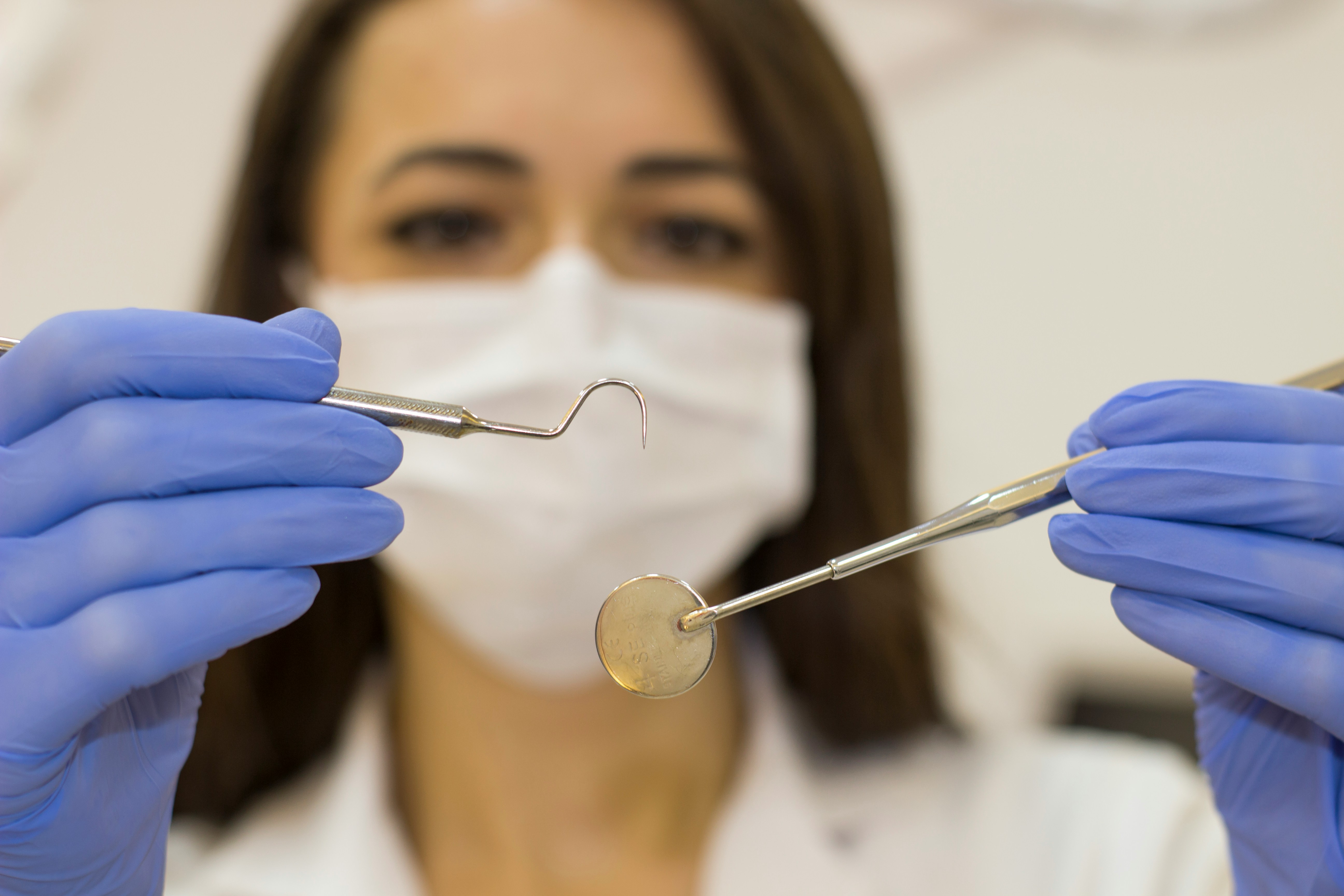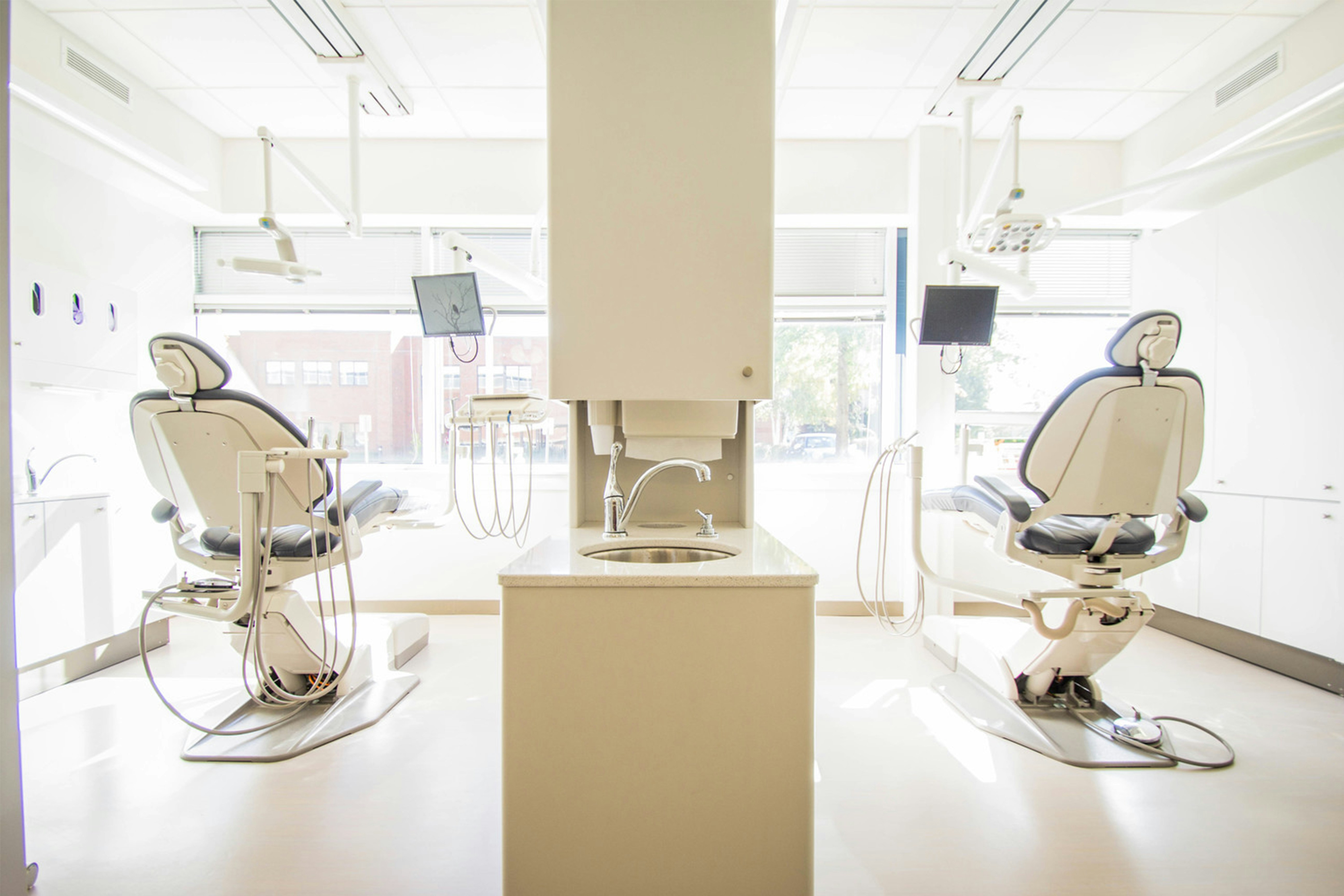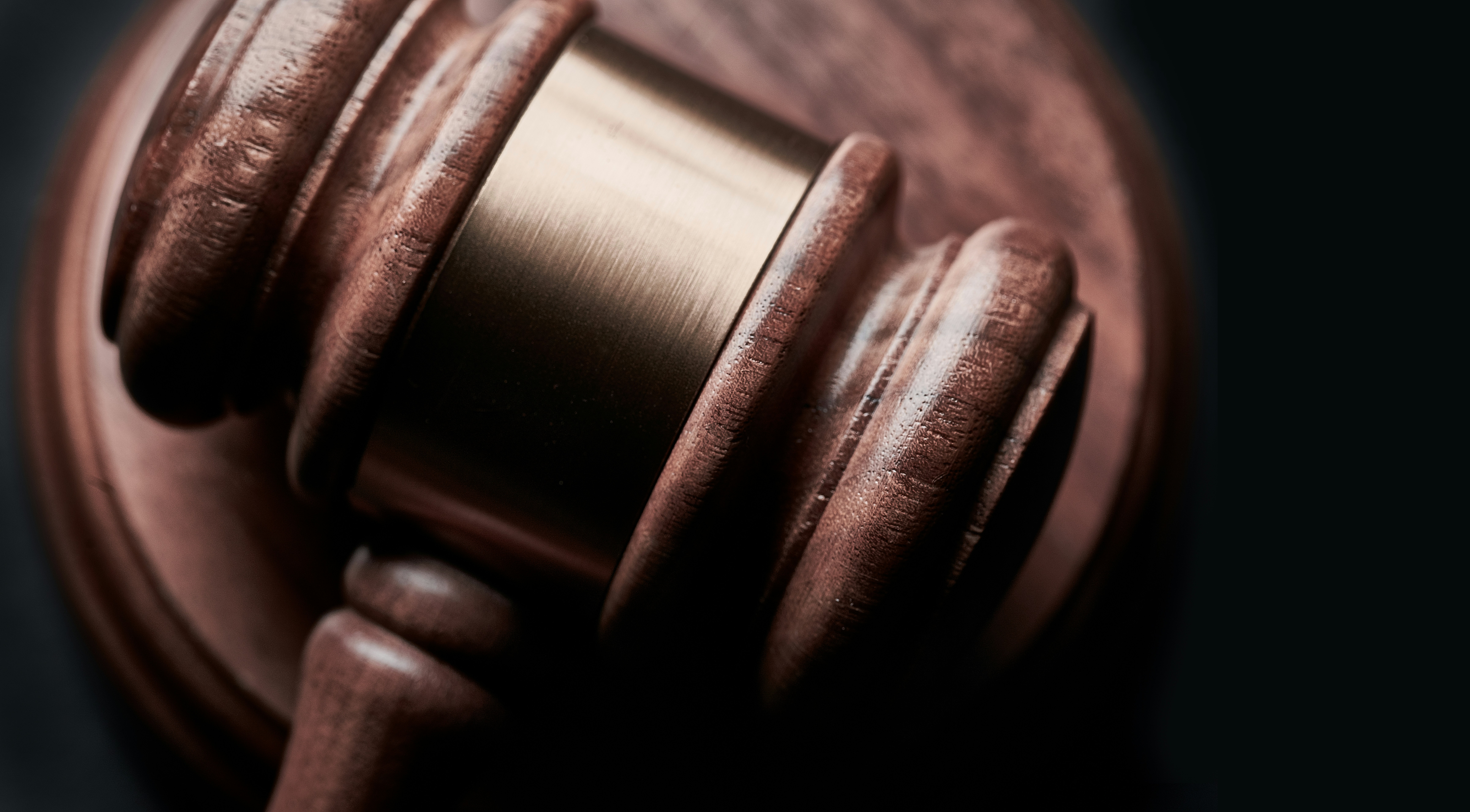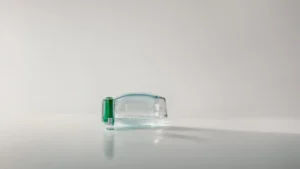Many people find themselves having to deal with traditional braces during their teenage years—some even require this orthodontic treatment as pre-teens or well into their adult lives. Having your braces removed is an exciting time—they can be physically uncomfortable and cause many people to be self-conscious about their image. While metal braces are often the most common orthodontic treatment for straightening teeth, clear braces are becoming an increasingly popular option.
Once your braces are removed you will have a nice, straight smile, and the pain will all have been worth it. Unfortunately, this isn’t always the case for some people. Regardless of the years and orthodontic bills accumulated by braces, some people don’t always see the promised result of straight teeth, which leads to the question of whether legal action can be brought.

Assess whether your orthodontist is the sole cause of your crooked teeth
Having crooked teeth after wearing braces does not automatically serve as proper grounds to take legal action against your orthodontist. While braces are intended to straighten teeth, many orthodontists provide their patients with a clear aligner after the removal of braces in order to maintain the straightened teeth. It is up to the patient to follow the suggestion of their dental practitioner in regards to wearing the aligner. Patients who disregard this advice will almost inevitably see their teeth become crooked again over time. Patients who don’t listen to their orthodontists’ advice cannot blame them for any issues they face after their braces have been removed. However, those who listen to this advice but experience a shift in their teeth as a result of poor treatment could take legal action.

You’re not just suing over crooked teeth
Just because you don’t have straight teeth after the removal of your braces does not necessarily mean you can take legal action against your orthodontist. However, if you can genuinely prove medical negligence on behalf of your dental practitioner, then you could likely be successful in a medical malpractice case.
As with any negligence case, you’ll be required to prove the following four elements: duty, breach of duty, causation, and harm. The first element will be easy to satisfy as it is clear that your orthodontist had a duty to provide you with proper orthodontic treatment. The second element will be satisfied if you can prove that a failure to carry out this duty as a dental practitioner and that you did not receive adequate care.
Once the first two elements have been established, you must be able to show that your orthodontist was the cause of any harm you’ve experienced. This harm can come in the form of physical pain from improper placement of brackets and wires or monetary damages caused by expensive medical bills acquired through your treatment plan. Dissatisfaction with the outcome of your orthodontic treatment will not satisfy any of these elements, and will therefore not be enough to take legal action. However, if you have really suffered as a result of such treatments and can prove the elements of negligence, then you are likely to succeed in a personal injury claim.

Seek a personal injury attorney
If you believe your dental practitioner is to blame for any oral health issues you have regarding your braces, it’s important to seek legal advice from a personal injury attorney. A wide range of personal injury cases can be brought, and orthodontists can certainly be held accountable under medical malpractice. While a personal injury attorney may not be able to directly fix any medical harm caused by medical professionals, these attorneys can help injury victims receive the proper financial compensation they deserve as a result of their suffering.
If you are looking for personal injury lawyers in Mobile, AL, you should contact the Moore Law Firm. The Moore Law Firm consists of super lawyers with years of legal experience in handling personal injury cases. If you believe your orthodontic experiences could provide a strong personal injury case, then you should go to the Moore Law Firm for a free case evaluation, during which you’ll be able to provide an attorney with evidence and determine the potential of your case.









